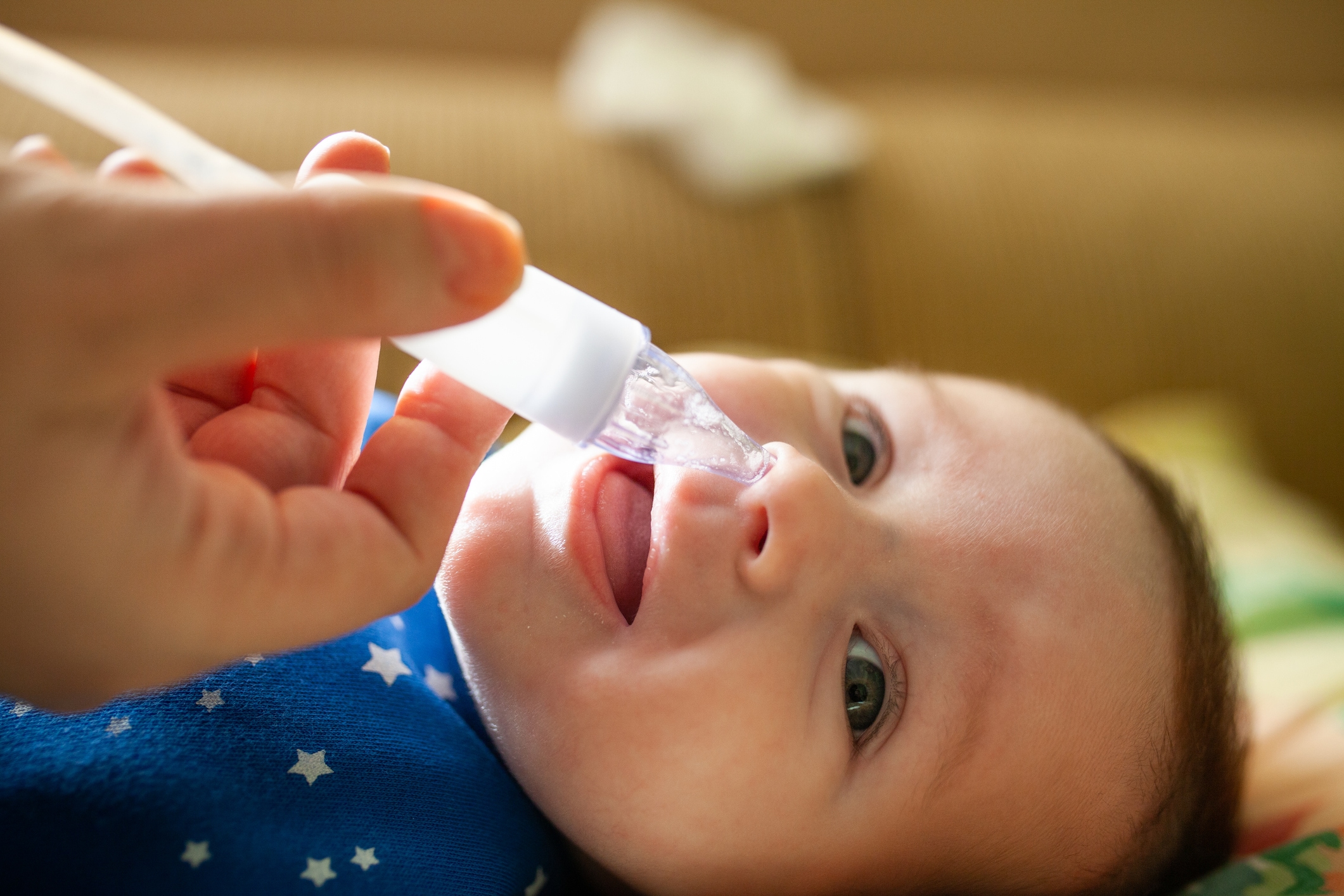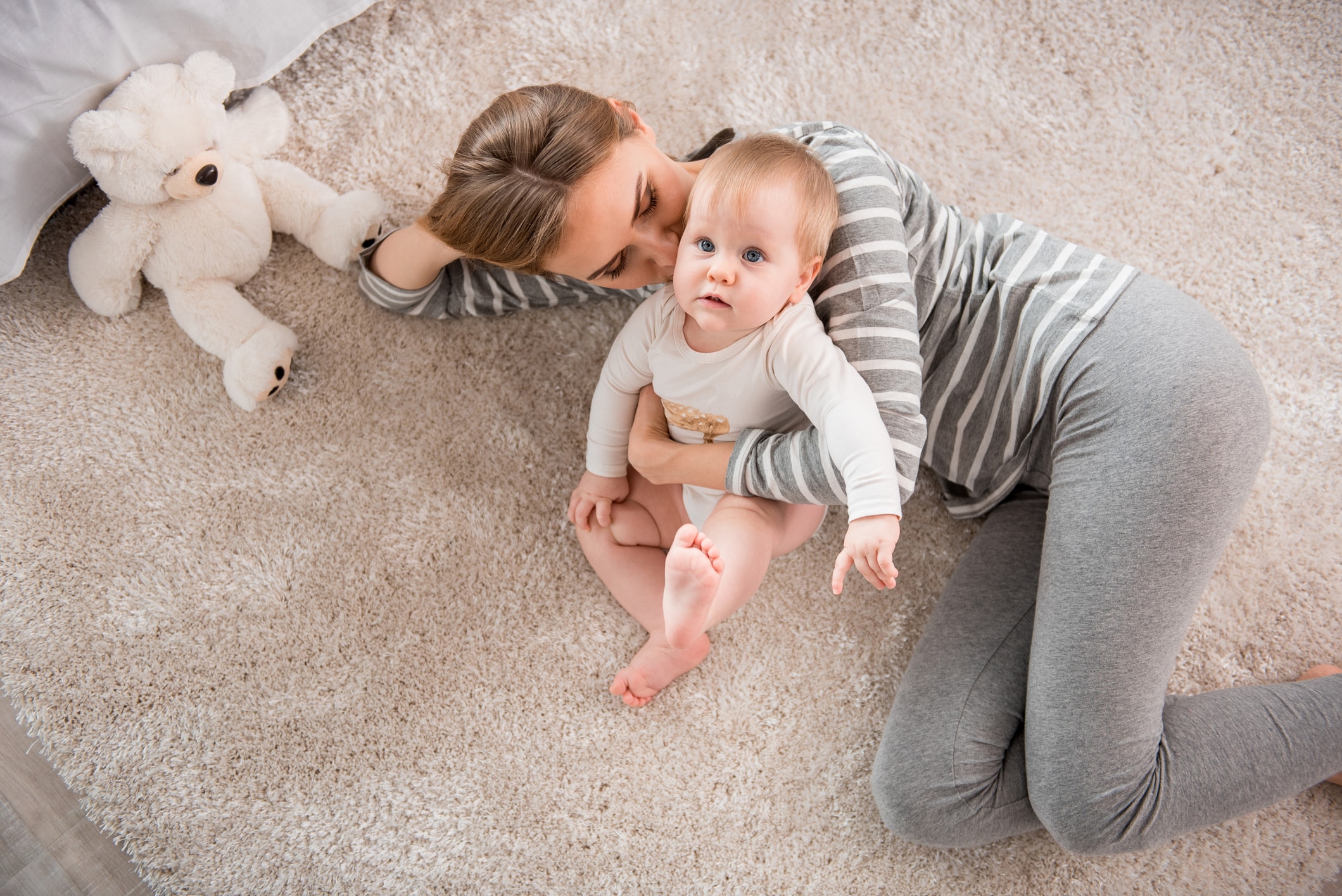In this article
- What is a toxic friend when it comes to tweens and teens?
- How do toxic friendships affect tweens and teens?
- How can you help tweens or teens in a toxic friendship?
- What are the signs you should intervene in your child’s toxic friendship?
- How can you help kids manage a toxic friendship?
- A final word on toxic teen friends
Parenting tweens and teens can feel like walking a tightrope at times — juggling being protective without being overbearing. You need to give them space to make their own choices (and sometimes mistakes) as they grow more independent, but this can be a particularly difficult situation to navigate when your child is tangled in what appears to be a toxic friendship.
A toxic friend is “someone who encourages or puts a person’s safety at risk,” according to Erin Campbell and Megan Glotz, licensed marriage and family therapists and founders of Raising Resilient Teens. This might look like peer pressure or encouraging behavior in which someone could get physically, emotionally or mentally hurt, and just generally making your child feel bad, they add.
While some conflict in relationships is normal for tweens and teens, it can still be difficult to watch from the sidelines and gauge the severity of the issue. And when the behavior extends beyond normal teen conflict, parents may need to step in to ward off the effects of a destructive relationship. Below, experts and parents share how to identify a toxic friendship and when and how to intervene.
Key takeaways
- Toxic friends disrespect boundaries, pressure teens to do things they don’t want to do or just generally make them feel bad about themselves. This might include name-calling, possessive behavior and trying to harm your child’s social reputation.
- Because tweens and teens are at a developmental stage where they are naturally pulling away from their families and becoming more independent, toxic friends can be especially damaging and difficult to deal with.
- It’s important for kids to learn how to communicate, advocate and solve problems on their own. You can still offer guidance or advice, but try not to remove obstacles for them.
- If someone is abusing your child or putting them in danger, you should step in, offer support, and help them find resources to solve the problem.
What is a toxic friend when it comes to tweens and teens?
A toxic friend is one who “doesn’t respect boundaries, one who pressures your teen to do things they’re not comfortable with or someone who frequently makes your teen feel worse about themselves,” says Ivy Griffin, a licensed marriage and family therapist and founder of Thrive Therapy & Counseling.
Key signs of a toxic friend
Griffin adds that these are some signs of a toxic friendship between tweens or teens:
- Name-calling or berating.
- Threatening to hurt themselves because of a conflict.
- Trying to get revenge against your teen, including hurting your teen’s reputation socially.
- Trying to control your child.
Josie Deiss, a parent of three in Winona, Minnesota, witnessed similar behaviors unfold in her daughter’s friendship. Starting in kindergarten, her daughter and another child became incredibly attached, isolating themselves from other kids entirely. But it wasn’t until 7th grade that Deiss realized things were going too far.
One day, her daughter abruptly stopped wearing her hair in braids (when she had previously worn them frequently). Deiss felt something was off and attempted unsuccessfully to talk to her daughter about it. It wasn’t until later that she saw a text conversation between her daughter and the friend “that stated [their] daughter was no longer allowed to wear her hair in braids as that was [the friend’s] ‘thing.’” Deiss adds that “at that moment, [she] realized that the lost little puppy dog of a friend that was [her] daughter’s shadow for so many years had become toxic and manipulative”
If you have an open line of communication with your child, you will hopefully know early on if a relationship has taken a sour turn. Campbell and Glotz suggest that parents stay curious and ask questions about and show genuine interest in their child’s friendships, without being pushy. That way, if something changes, your child knows they can come to you.
A toxic friend is one who “doesn’t respect boundaries, one who pressures your teen to do things they’re not comfortable with or someone who frequently makes your teen feel worse about themselves.”
— Ivy Griffin, licensed marriage and family therapist
How do toxic friendships affect tweens and teens?
Because tweens and teens are at a developmental stage where they are naturally pulling away from their families and becoming more independent, it is normal for their friendships to be front and center for them. And “because friendships are so important in this phase of life, a toxic friendship can be especially harmful,” says Griffin.
“Teens are laying the groundwork for what to expect in adult relationships, and a toxic friend can throw off a teen’s understanding of themselves and of how they deserve to be treated,” she adds.
The short- and long-term damage potential here is primarily to their self-esteem, says Siggie Cohen, a child development specialist. (Studies show that friend-related stress in adolescents can also exacerbate depression and anxiety.) “Toxic personalities can be very influential, convincing and overpowering. A solid connection and open communication with your tween or teen are key here, so notice if your child tends to struggle more with their self-image already, and seek together with them ways to strengthen their mental mindset, and to speak up and stand up for themselves.”
How can you help tweens or teens in a toxic friendship?
Intervening in your child’s friendship feels like a dicey venture, particularly as they become young adults practicing their independence. Cohen defines this time as a “developmental stage of ‘splitting’ from parents.” As they move away from reliance on their family unit in the search for their own identity, they turn to their peers for reliance and trust.
During this time, it’s important to tread lightly and avoid stepping in and trying to “fix” the problem, says Campbell and Glotz. “Teens can sense when their parents are overstepping or trying to control their friendships, which often backfires, creating issues of trust and lack of confidence in their own abilities to navigate these situations.”
“It is important for your child to learn how to communicate, advocate and solve problems on their own,” they add. “This does not mean that you cannot offer guidance or advice; it just means that you are not removing obstacles for them (switching them out of classes, calling parents, etc.) unless there are serious concerns.”
“It is important for your child to learn how to communicate, advocate and solve problems on their own. This does not mean that you cannot offer guidance or advice … ”
— Erin Campbell and Megan Glotz, licensed marriage and family therapists
What are the signs you should intervene in your child’s toxic friendship?
While there are situations in these friendships where taking a step back and letting your child take the lead is beneficial for their personal growth, experts agree that there are also times when parents should intervene. This includes when it’s a question of safety (like if the friend is self-harming or at risk of harming others, or if the parents are made aware of unsafe behavior involving drugs, alcohol or risky sexual behavior) or if “bullying or teasing that impacts your child’s emotional well-being” takes place, says Campbell and Glotz.
And while the above red flags are more obvious cues for intervention, experts also advised being aware of the following more subtle warning signs in your children:
- Lying or being sneaky.
- Isolating or withdrawing from friend groups.
- Not eating, sleeping and/or exercising as normal.
- Showing little to no interest in things that used to make them happy.
- Expressing anxiety in social settings.
- Unexplained changes in grades or other areas of performance.
For Deiss, the effects of her daughter’s toxic friendship were evident. “She struggled immensely with just about everything she did. She was always worried about what her friend was going to think or say or do. She was hardly holding on in school, falling apart at home and had no other friends to go to when a rift happened between them. As parents, we saw her become an extremely lonely and sad child.”
How can you help kids manage a toxic friendship?
While it might seem like a small first step, the experts we spoke to reiterated nonjudgmental, gentle conversations with your child about their friend and friendship. Cohen says, “we can provide a safe parameter for them by keeping communication lines open, being aware of our own experiences but not using them to project over our fears and anxiety, actively listening to them (even if some of the things they tell us are hard to hear), not immediately judging, criticizing or panicking, and keeping conversations open-ended by not seeking immediate fixes and solutions, but instead aim to provoke thinking and learning.”
She adds that parents should “advocate for them being part of the solution,” rather than a problem for you to solve.
It’s important to remember that at some point, your tween or teen will leave and be on their own. “Sometimes parents don’t realize that micromanaging or fixing things for your teen is ultimately detrimental in the long run if they aren’t developing proper skills to function as adults,” says Campbell and Glotz. “The best thing to do is act as a support system for your child but let them take control and be the lead in their own relationships.”
When Deiss’ daughter was younger, Deiss set boundaries with the toxic friend (only playdates at their house, limited class overlap at school and monitoring her phone). As her child got older, she loosened the reins but reminded her that she was responsible for the results of her decisions and encouraged her individuality. Ultimately, Deiss’ daughter dissolved the relationship, as a result of the other child’s behavior, and it was a valuable learning opportunity.
“It was not an easy transition from this friend to new friends,” says Deiss, “but she has a much better gauge of character now.”
Long term, Griffin advises that parents not underestimate the value of modeling and discussing healthy friendships with their kids. “As humans, we’re such social creatures that we learn a ton from what we observe in other’s behavior, even when we’re not consciously aware of it. So, let your kid see your healthy friendships, which can help them build a framework for what they deserve too.”
A final word on toxic teen friends
At the end of the day, “everyone meets a toxic personality in their life,” says Cohen, “but what matters is how quickly one notices the signs and can move away.” She adds that “such abilities are closely tied to having a solid support system and a balanced self-image.” And this is where parents can help, by keeping the lines of communication open, providing nonjudgmental guidance and getting their teen additional help, if needed.
As Griffin says, a large part of “parenting teens is about planting seeds and allowing your teen to decide whether to water them (and hoping the fertile soil foundation you’ve given your teen throughout their childhood will help too).”
Adolescence is challenging no matter what, even under the best circumstances. Because of this, the experts we spoke to recommend reaching out to a therapist if the situation doesn’t resolve and your child doesn’t seem like themselves. Sometimes a neutral, outside person (such as a therapist) can help your teen feel comfortable opening up about their struggles.





